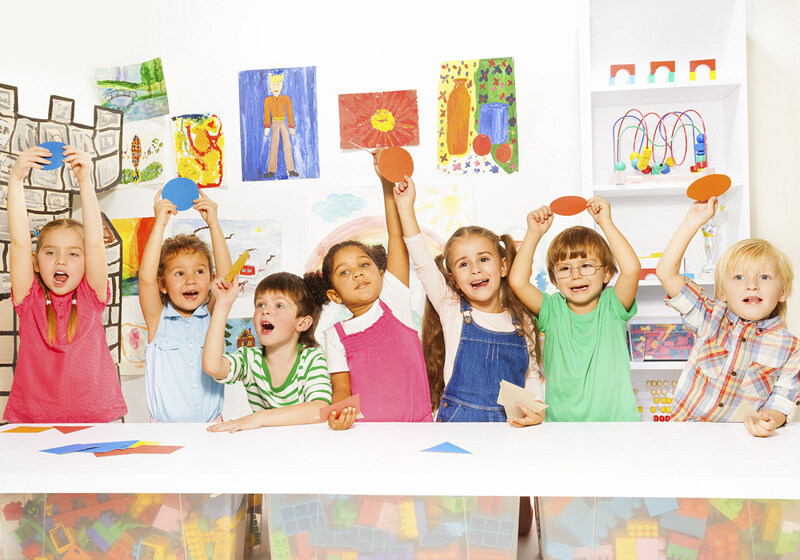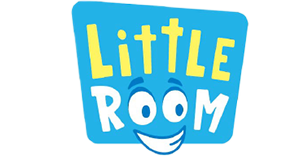Email format error
Email cannot be empty
Email already exists
6-20 characters(letters plus numbers only)
The password is inconsistent
Email format error
Email cannot be empty
Email does not exist
6-20 characters(letters plus numbers only)
The password is inconsistent

News
Happy Arts & Crafts , your reliable partner for OEM/ODM business!

Best Montessori Learning Toys for 18-Month-Olds
As parents and caregivers, one of our top priorities is fostering our child’s growth, especially in the first couple of years when everything feels like a major developmental milestone. For toddlers around 18 months, it’s a time of incredible curiosity and exploration. They’re starting to walk, talk a bit more, and engage with their surroundings in new ways. What better time to introduce Montessori learning toys? These toys not only engage your toddler but also promote cognitive, emotional, and motor development in a way that fits seamlessly into their natural learning process.
In this article, I’m going to walk you through some of the best Montessori learning toys for 18-month-olds, breaking down the benefits of each one and why they’re perfect for your little explorer.
Why Montessori Toys Are Perfect for 18-Month-Olds
Before we dive into the list, let’s take a quick look at why Montessori toys are such a great choice for toddlers. The Montessori philosophy emphasizes hands-on learning, independence, and respect for a child’s natural pace of development. At 18 months, children are developing rapidly, and Montessori toys encourage them to explore the world around them in a meaningful way. These toys help toddlers develop both fine and gross motor skills, cognitive abilities, and even social-emotional awareness.
What sets Montessori toys apart is their simplicity and open-ended nature. They aren't filled with flashing lights and overwhelming sounds, which means they engage your child's imagination and creativity rather than simply entertaining them. It's all about creating opportunities for learning that feel natural and fun.

Top Montessori Learning Toys for 18-Month-Olds
Let’s dive into the top Montessori learning toys that are perfect for 18-month-olds. These toys support a range of developmental milestones, from fine motor skills to early problem-solving abilities.
1. Wooden Shape Sorters
Shape sorters are a classic Montessori toy, and for good reason! They help children learn about shapes, colors, and spatial relationships, all while working on hand-eye coordination and problem-solving skills.
At 18 months, your child is likely beginning to understand cause and effect and will find joy in fitting shapes into their respective holes. My daughter, at 18 months, absolutely loved her wooden shape sorter. It kept her occupied for ages as she learned how to match the shapes, and she became more confident with each successful attempt. You’ll want to look for one that has smooth edges and is made of non-toxic, child-safe materials.
Why they’re great: They promote cognitive development, improve fine motor skills, and encourage problem-solving. Plus, shape sorters are easy to clean and durable—making them a solid investment!
2. Stacking Toys
Stacking toys, like the classic wooden stacking rings, are fantastic for developing both fine motor skills and understanding concepts like size and sequence. Watching my son try to stack the rings on the pole was such a rewarding experience. He started with the biggest ring and worked his way down to the smallest, but soon, he was mixing them up, realizing they didn’t all fit.
Why they’re great: These toys help toddlers understand the concept of size and order. Plus, stacking toys can teach patience, as children will need to focus on placing each ring in the correct order. This is a skill that will come in handy later for tasks like organizing and sorting.
3. Montessori Sensory Balls
Sensory play is a huge part of a toddler's development, and sensory balls are perfect for this. These soft, squishy, textured balls are great for helping your 18-month-old work on their grasping, hand-eye coordination, and tactile sensitivity.
I remember introducing a bumpy-textured ball to my daughter when she was around 18 months. At first, she was hesitant, but after a few minutes of squishing it in her hands, she was hooked! These sensory balls are perfect for engaging your toddler’s senses and can also be used for a game of catch to encourage physical coordination.
Why they’re great: They help with sensory integration, encouraging touch, sight, and even sound when you choose balls that make noise. Plus, they help strengthen little hands as they grip and manipulate the ball.
4. Montessori Push and Pull Toys
At 18 months, your child is probably starting to master walking. Push and pull toys can make this process even more exciting. These toys encourage gross motor development and help toddlers build strength, coordination, and balance.
My son had a wooden pull-along dog that he loved pushing around the house. The sound of the wooden wheels made it even more fun for him, and he was so proud of himself each time he successfully made it across the room. You’ll want to choose toys that are sturdy, with smooth, non-toxic materials.
Why they’re great: These toys encourage movement and physical activity, which are essential at this stage. They also boost a toddler’s confidence in their ability to move and explore independently.
5. Simple Musical Instruments
Introducing your 18-month-old to music can have a profound impact on their brain development. Simple musical instruments like a xylophone or maracas allow your child to experiment with sounds and rhythm.
I remember giving my daughter a wooden tambourine at this age. At first, she was just shaking it around aimlessly, but soon, she started mimicking the rhythmic patterns I showed her. Musical instruments are great because they engage multiple senses and help with auditory development, which is an important part of early learning.
Why they’re great: These toys promote auditory development, rhythm, and coordination. They also foster creativity and self-expression, which are key elements of the Montessori approach.
6. Montessori Books
Books are an essential part of early learning, and at 18 months, your child is ready for their first board books. Look for books that are colorful, simple, and engaging, with pictures that are easy to recognize and relate to.
I love the "Touch-and-Feel" books for toddlers, as they help introduce new textures while also improving fine motor skills as little hands interact with the book. The best part? My daughter loved to “read” these books with me, and that bonding time was priceless.
Why they’re great: Reading at this stage fosters early language development, helps with cognitive skills, and promotes bonding between parent and child. Board books are especially durable for this age group and can stand up to the inevitable drool and chewing!
7. Wooden Animal Figures
Wooden animal figurines are perfect for imaginative play, which is a key part of Montessori learning. At 18 months, children are starting to understand real-world concepts like animals, their sounds, and how they move.
I remember getting a wooden farm animal set for my son at this age. He loved making animal noises and arranging the figures in different ways, which helped him develop social-emotional skills like empathy and nurturing. These figurines also help build vocabulary and language skills as your toddler learns the names of different animals.
Why they’re great: They promote pretend play, social-emotional development, and vocabulary building. Wooden figures are also durable and easy for little hands to manipulate.
Choosing the Right Montessori Toys for Your 18-Month-Old
When selecting Montessori toys, there are a few things to keep in mind:
- Safety First: Always choose non-toxic, BPA-free, lead-free materials, especially for toys that will end up in your toddler’s mouth.
- Encouraging Independent Play: Choose toys that promote independent exploration and problem-solving. Open-ended toys—those that can be used in multiple ways—are ideal.
- Multi-Sensory Learning: Toys that stimulate multiple senses (touch, sight, sound) provide richer learning experiences and encourage greater engagement.
Why Montessori Toys Work So Well for 18-Month-Olds
Montessori toys are specially designed to engage children in active, hands-on learning. At 18 months, your toddler is at a stage where they’re soaking up everything around them. Montessori toys give them the tools to explore the world, solve problems, and gain new skills—all in a way that feels natural and fun.
By choosing toys that promote independence, creativity, and cognitive development, you’re giving your child the best possible foundation for learning. It’s not just about playing—it’s about learning while playing.
Conclusion
Choosing the right Montessori toys for your 18-month-old can make a big difference in their development. From shape sorters to sensory balls, these toys provide endless opportunities for learning and exploration. Best of all, they support your child’s independence, creativity, and overall growth.
Remember, at this age, learning should be fun! Montessori toys allow your toddler to explore, problem-solve, and engage with the world around them in ways that are both natural and exciting. By making the right choices now, you’re setting them up for a lifetime of curiosity and learning.


